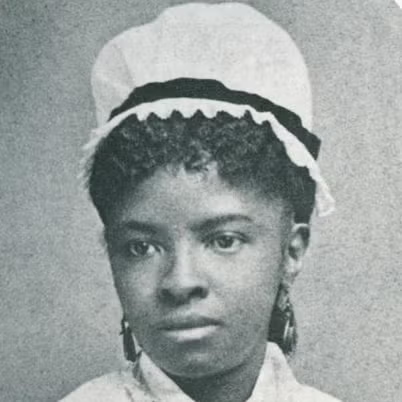
Table of Contents
Who Was Mary Mahoney?
Mary Mahoney was a pioneering figure in the field of nursing, recognized as the first Black woman to complete nurse’s training in 1879 at the New England Hospital for Women and Children. Her contributions extend beyond nursing; she was among the first Black members of the American Nurses Association and is credited as one of the first women to register to vote in Boston following the ratification of the 19th Amendment in 1920. In recognition of her significant achievements, Mahoney was inducted into both the Nursing Hall of Fame and the National Women’s Hall of Fame.
Early Life
Mary Eliza Mahoney was born on May 7, 1845 (though some sources cite April 16, 1845), in the Dorchester neighborhood of Boston, Massachusetts. After gaining experience as a private-duty nurse at Boston’s New England Hospital for Women and Children, she was admitted to the hospital’s nursing program in 1878. Her determination and dedication not only paved the way for future generations of nurses but also established her as a key figure in the fight for civil rights and women’s suffrage.
Pioneer of Nursing and Voting
In 1879, Mary Mahoney made history by becoming the first Black woman to complete nurse’s training in the United States. Her groundbreaking achievement led her to become one of the first Black members of the Nurses Associated Alumnae of the United States and Canada, which later evolved into the American Nurses Association. Additionally, she was a founding member of the National Association of Colored Graduate Nurses, an organization dedicated to advocating for the rights and representation of Black nurses.
Beyond her contributions to nursing, Mahoney played a significant role in the suffrage movement. Following the ratification of the 19th Amendment, which granted women the right to vote on August 26, 1920, she became one of the first women to register to vote in Boston.
Later Life and Career
In the early 1900s, Mahoney moved to Long Island, New York, where she served as the supervisor of the Howard Orphan Asylum for Black Children. After her tenure there, she returned to Massachusetts, continuing her commitment to community service.
Death
Mary Mahoney’s legacy was honored with her induction into the Nursing Hall of Fame in 1976, followed by her recognition in the National Women’s Hall of Fame in 1993. She passed away in Boston on January 4, 1926, at the age of 80, leaving behind a remarkable legacy as a pioneer in both nursing and civil rights.
